Suffragette Exhibition Celebrates 100 Years of Feminism
The National Library of Australia is hosting the exhibition Deeds not Words: Women’s Suffrage in Britain, which celebrates 100 years of woman’s suffrage. The exhibit will run between 6 February and 19 August 2018. The exhibition resonates with contemporary audiences informed by 2018 feminist issues such as the #timesup campaign and gender pay gap controversies.
Exhibition Highlights
The exhibition presents accounts of influential women who made their mark as Suffragettes. For example, leading Australian feminist and Woman’s Suffrage activist Bessie Rischbieth (1874-1967) was in London during the peak of the Women’s Suffrage campaign in 1913. The meetings she attended, the scenes she witnessed and the speeches she heard from suffragette leaders like Emmeline Pankhurst and Charlotte Perkins Gilman ignited her fearless campaigning for social reform in Australia.
Bessie collected material on the political struggles of women throughout her life, and she gave this to the National Library of Australia. Bessie’s collection represents the hardships and courage of the original suffragettes’ and reinforces that their messages are still relevant today.
The exhibition also contains accounts of key events in the suffragettes era. On 17 June 1911, a week before the coronation of King George V, a march was organised by the Women’s Social and Political Union (WSPU) in support of the Woman’s Suffrage Bill. The procession was carefully choreographed with all women wearing white, holding banners and parading decorated floats. Many marches like these were held across Britain over the years promoting slogans such as “No Vote, No Tax” and “Deeds not Words”.
It is interesting to compare it to the 2017 and 2018 Women’s Marches in Washington DC and in 600 other locations around the world where millions of people expressed their concerns that women’s rights will be eroded under the presidency of Donald Trump.
Women not only fought for the right to vote but also for their right to education. Cambridge University was the first university to permit women although they were only allowed to study and sit exams. Women were not permitted to graduate until 1948.
Today, despite receiving the same treatment in education, women in Australia are paid on average 15.3% less than their male co-workers. Feminism has come a long way since these demonstrations by the original suffragettes’ but as the world moves forwards and develops so does the level of inequalities women face.
Suffragettes of yesterday and today:
Emmeline Pankhurst was one of the leaders of the British suffragette movement and founded the WSPU. She was imprisoned many times for her involvement with the suffragette movement. The weakest prisoners were often released to recover and then rearrested. Upon Emmeline’s temporary release she declared, “I would rather be a rebel than a slave… My challenge to the Government is: Kill me or give me my freedom: I shall force you to make that choice”.
Suffragettes’ Muriel Matters and Helen Fox padlocked themselves to the grille where women sat in the House of Commons. The police had to remove the grille in order to release them and as they were released the girls shouted, “votes for women” from the gallery. They are considered the first women to have spoken in parliament.
Emily Davison threw herself in front of the King’s horse at Epsom Racecourse in June 1913 while holding a “votes for women” flag. More than 5000 women walked the streets of London in her funeral procession and her actions iconised the suffragette movement.
Betty Friedan is an American writer and activist who is often accredited for re-sparking the feminist movement in the ‘70’s with her book ‘The Femme Mystique’. She dedicated her life to women’s equality and established the National Women’s Political Caucus and organised the Women’s Strike for Equality in 1970.
Michelle Obama inspires women of this generation by using her platform as the 44th First Lady of USA by raising billions of dollars for girl’s education charities. She also takes on issues of sexism and female work-life balance in modern society.
Malala Yousafzai is a Pakistani activist who campaigns for women and girls’ right to an education. Malala has survived being shot in the head by the Taliban, written an autobiography, given a speech at the UN and become the youngest ever Nobel Prize winner.



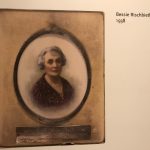


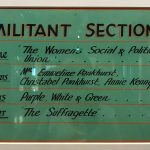

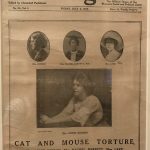


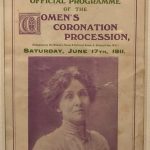
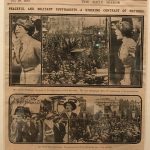

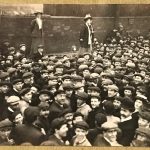
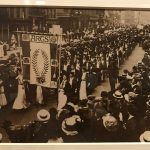

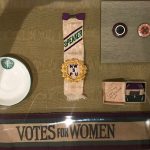


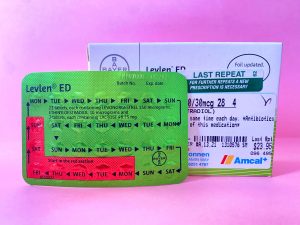
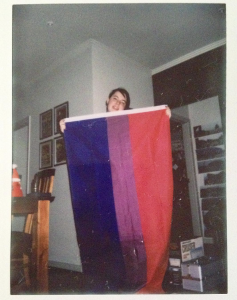
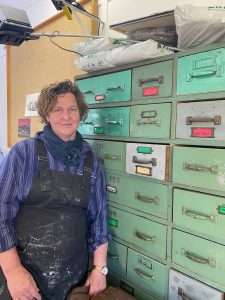
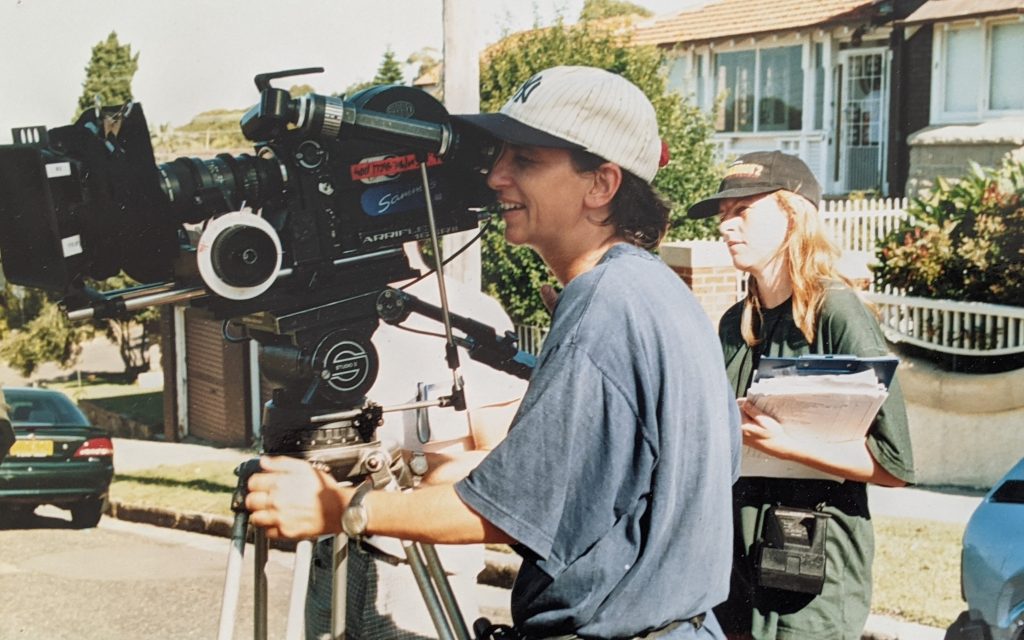
Be the first to comment!